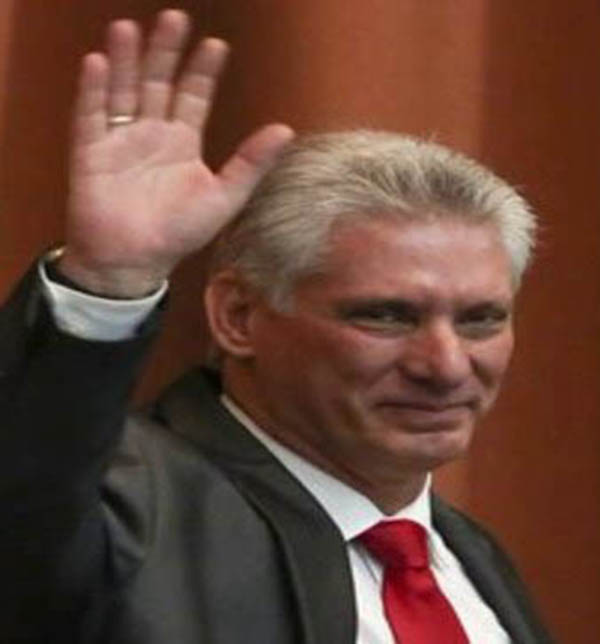It hasn’t taken too long since the announcement some weeks ago by the Cuban government of reforms that would allow small- and medium-sized ventures to formally incorporate as businesses and access state financing. This is arguably the most profound official policy shift since the communist takeover on the Caribbean island, for ordinary Cubans to move to take advantage of what, contextually, is a ‘revolutionary’ shift in official policy.
The announcement came, truth be told, several years after ordinary Cubans had responded to the scarcity of a wide range of consumer goods on the island by, either as individuals or groups, travelling to various countries in the region to establish critical business links with the private sector in those countries that allowed them to acquire relatively modest quantities of a range of goods, particularly clothing and cosmetics and to use these to create and build thriving small- and medium-sized businesses back home.
To a large extent, these breakthroughs for Cubans seeking to create entrepreneurial bridgeheads in other Caribbean countries had been helped by the sense of goodwill that had been earlier created between Cuba and CARICOM countries like Guyana and Jamaica, arising out of the support that the Castro government had offered them through scholarships to students to study medicine there and to despatch ‘brigades’ of Cuban doctors to the region to help shore up weak health care systems in those countries. That, unquestionably, has been the high water mark of Cuba’s foreign policy in the region.
These days, the Cuban people are seeking, first, to understand both the opportunities and challenges ahead in the face of what is regarded as a tectonic shift in a country where the government had set its face against free enterprise; beyond that, they are endeavouring to build on the bridges that had been established by Cuban traders a few years earlier and which had served as building blocks for what obtains today.
Unsurprisingly, the decision made by communist Cuba’s first post-Castro political leader, Miguel Díaz-Canel, who assumed the office of President back in 2019 April, to ‘free up’ the Cuban economy, is regarded by Cuba ‘watchers’ as one of the most significant reforms undertaken since the complete nationalisation of businesses enterprises in 1968 by the Fidel Castro administration.
An August 31 Caribbean News.Net story quotes Omar Everleny, a Cuban economist, as describing the move to reopen the door to private enterprise as “very positive, one that was long-sought by many Cubans.”
The reforms, admittedly, have limits, since the authorities have stipulated that private ownership is confined to one business enterprise and moreover, that private businesses cannot enter into contracts with foreign partners or directly engage in foreign trade. Still, Cubans keen to begin to ‘get their feet wet’ where private enterprise is concerned are not, it seems, about to look a gift horse in the mouth.
Analysts of the avowed Communist country have noted that while the new measures are seen as reform-oriented they have been implemented over the past year or so as a practical response to the economic impact of the COVID-19 pandemic and, as well, as a means of seeking to help stave off the impact of incrementally tougher United States economic sanctions which, apart from severely affecting the country’s economy as a whole, has resulted in shortages of food, medicine and other basic goods.
The response of Cuban economist Dr Oscar Fernandez to the effect that “the horizon has opened up” may, however, be decidedly premature. Fernandez is quoted in a Reuters report as saying that now that a crack has opened up in what, over the years, has been a tightly state-controlled business regime, Cuban private sector adherents “can establish relations with state and private supply chains and market our product to whomever – from state-run stores to hotels, as well as export and seek financing from local banks or abroad.” Observers counter, however, that the still strictly communist-controlled Caribbean island is not about to cause the pragmatic economic adjustments that it has had to make to create any irretrievable compromises in a state driven socio-political system that has kept a governance system in place for more than half a century.
Cubans, reportedly, have responded enthusiastically to what they see as a significant ‘freeing up of the country’s economy with some already drawing up plans for the establishment of modest enterprises the structure of which will have to fall within the strictures laid down by the state. As one Cuban commentator reportedly put it, “we still have to see what happens in practice: how far the government really allows us to develop.”




